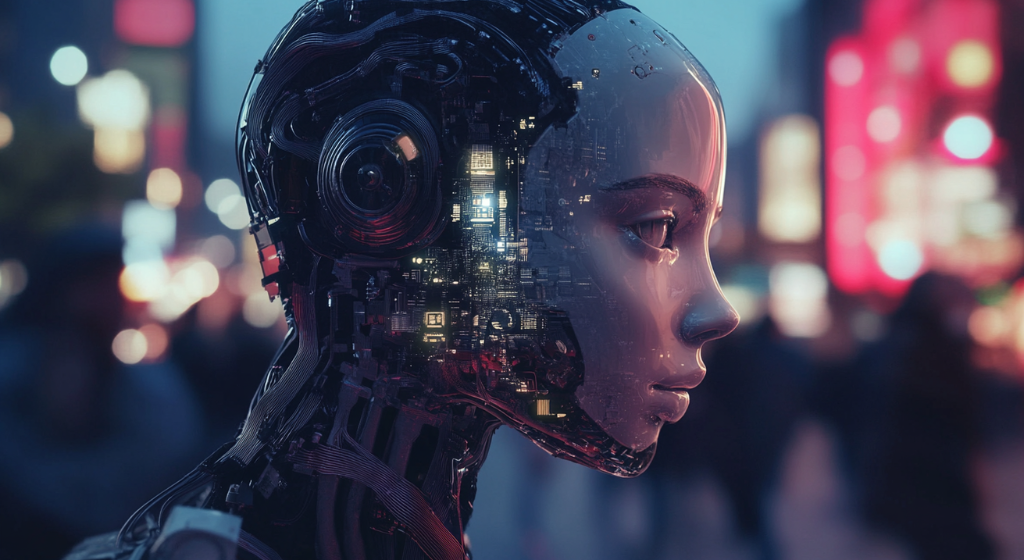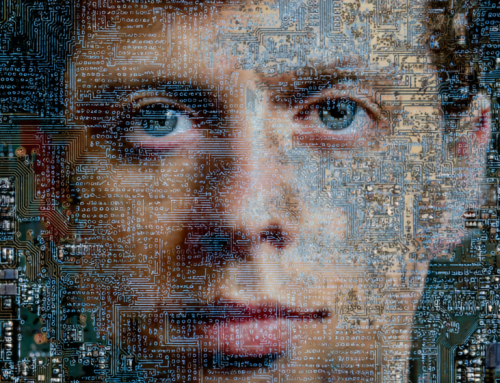
OpenAI cofounder Ilya Sutskever predicts the end of traditional AI pre-training due to data scarcity, envisioning a future of agentic, reasoning AI systems with unpredictable capabilities and drawing parallels to evolutionary biology. (Source: Image by RR)
Former OpenAI Scientist Says Data Scarcity Will Drive Fundamental Changes in AI Training
Ilya Sutskever, co-founder and former chief scientist at OpenAI, made a rare public appearance at the NeurIPS conference, where he discussed the challenges and future of AI development. Sutskever predicted the end of “pre-training,” the foundational phase where AI models learn patterns from large datasets, citing that the world has reached “peak data” with a finite amount of internet-generated content. As noted in theverge.com, he likened data to the “fossil fuel” of AI and emphasized that future advancements must work within these limitations, potentially transforming how AI systems are developed.
Looking ahead, Sutskever outlined a vision of next-generation AI systems that are both “agentic” and capable of reasoning. Unlike current AI models, which rely on pattern-matching, these future systems could independently perform tasks, make decisions, and interact with software in a way that mimics human-like thinking. He noted that as these systems gain reasoning abilities, they will also become more unpredictable, likening their complexity to advanced chess AIs that challenge even the best human players. Sutskever suggested these models will process limited data more effectively and avoid confusion.
Drawing on evolutionary biology, Sutskever compared the scaling of AI systems to the development of hominid brains, which diverged from traditional scaling patterns seen in other mammals. He posited that AI could similarly discover innovative scaling approaches beyond current pre-training methods. He underscored the potential for AI to evolve in ways that are both transformative and unprecedented, hinting at a paradigm shift in AI research and application.
During a Q&A session, Sutskever addressed broader questions about aligning AI with human values and incentivizing its responsible development. While he hesitated to provide definitive answers, he encouraged reflection on how AI might coexist with humanity, even suggesting that granting AI systems certain rights could be a possible outcome. Acknowledging the unpredictability of the field, he emphasized the need for thoughtful speculation and collaboration to navigate the complex ethical and societal challenges posed by advanced AI systems.
read more at theverge.com







Leave A Comment